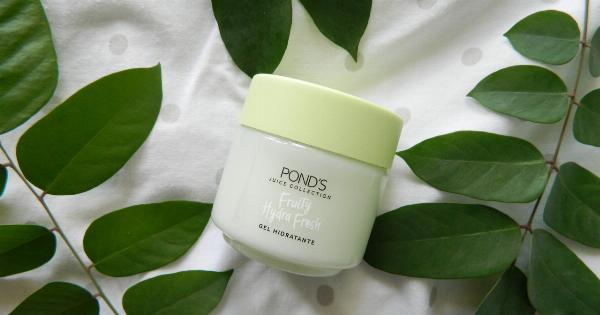Dry skin can be a common problem for many individuals, causing discomfort and a dull appearance. However, with the right knowledge and techniques, you can effectively moisturize your skin and restore its natural moisture balance.
In this article, we will share some pro tips to help you combat dry skin and achieve a healthier, more radiant complexion.
1. Understand Your Skin Type
Before choosing any moisturizing products, it’s crucial to understand your skin type. Dry skin is often characterized by a lack of oil and a compromised moisture barrier.
Knowing your skin type will help you select the appropriate moisturizing products and tailor your skincare routine accordingly.
2. Use a Gentle Cleanser
When cleansing your face, opt for a gentle cleanser that does not strip away your skin’s natural oils. Harsh soaps and cleansers can further dry out your skin. Look for mild, hydrating cleansers that are specifically formulated for dry skin.
3. Avoid Hot Water
While a long shower or bath with hot water may seem tempting, it can actually exacerbate dryness. Hot water can strip away the natural oils from your skin, leading to further dehydration.
Opt for lukewarm water instead and limit your bathing time to avoid excessive moisture loss.
4. Exfoliate Regularly
Exfoliation helps remove dead skin cells, allowing moisturizers to penetrate deeper into the skin. However, be mindful not to over-exfoliate as it can irritate your skin and worsen dryness.
Opt for a gentle exfoliator and limit exfoliation to once or twice a week.
5. Moisturize Immediately After Bathing
One of the best times to lock in moisture is immediately after bathing or showering. Pat your skin dry gently with a towel, leaving it slightly damp, then apply a moisturizer. This helps trap the moisture on your skin and prevents dryness.
6. Choose the Right Moisturizer
Not all moisturizers are created equal, and selecting the right one is crucial for combating dry skin. Look for moisturizers that contain hydrating ingredients such as hyaluronic acid, glycerin, or ceramides.
Avoid moisturizers with alcohol, fragrances, and other potential irritants that can further dry out your skin.
7. Consider a Humidifier
During the drier months or in environments with low humidity, using a humidifier can help add moisture to the air. This, in turn, benefits your skin by preventing excessive moisture loss, especially when you’re indoors for longer periods.
8. Protect Your Skin from Harsh Weather
Extreme weather conditions like cold winds or excessive heat can worsen dryness.
To protect your skin, wear appropriate clothing, such as scarves or hats, to shield your face from cold winds, and apply a moisturizer with SPF to protect against sun damage.
9. Stay Hydrated
Drinking an adequate amount of water daily helps keep your skin hydrated from within. While water alone may not directly moisturize your skin, it plays a vital role in maintaining overall hydration levels, contributing to healthier-looking skin.
10. Consider Overnight Treatments
For intense hydration, consider incorporating overnight treatments into your skincare routine. Apply a rich, hydrating night cream or facial oil before bed to provide your skin with deep nourishment and moisture while you sleep.
This can greatly benefit those with dry skin.
Conclusion
Moisturizing dry skin is essential for maintaining healthy and radiant-looking skin.
By understanding your skin type, using gentle products, avoiding hot water, and following these pro tips, you can effectively moisturize your skin and restore its vitality. Remember to be consistent with your skincare routine and listen to your skin’s needs, and you’ll soon achieve a hydrated and glowing complexion.




























